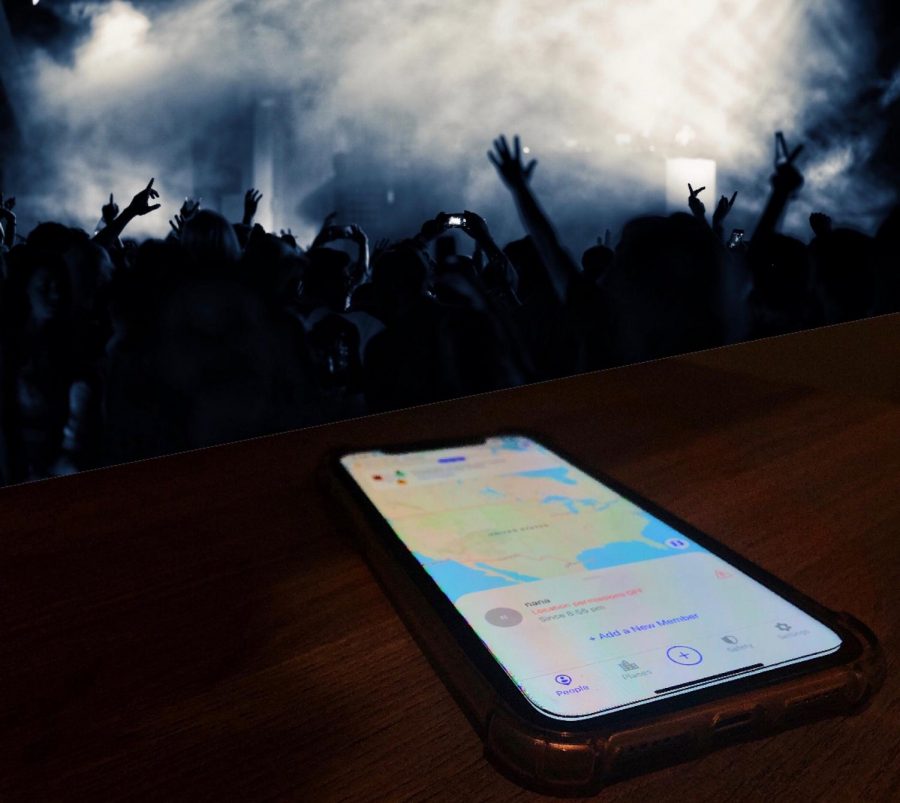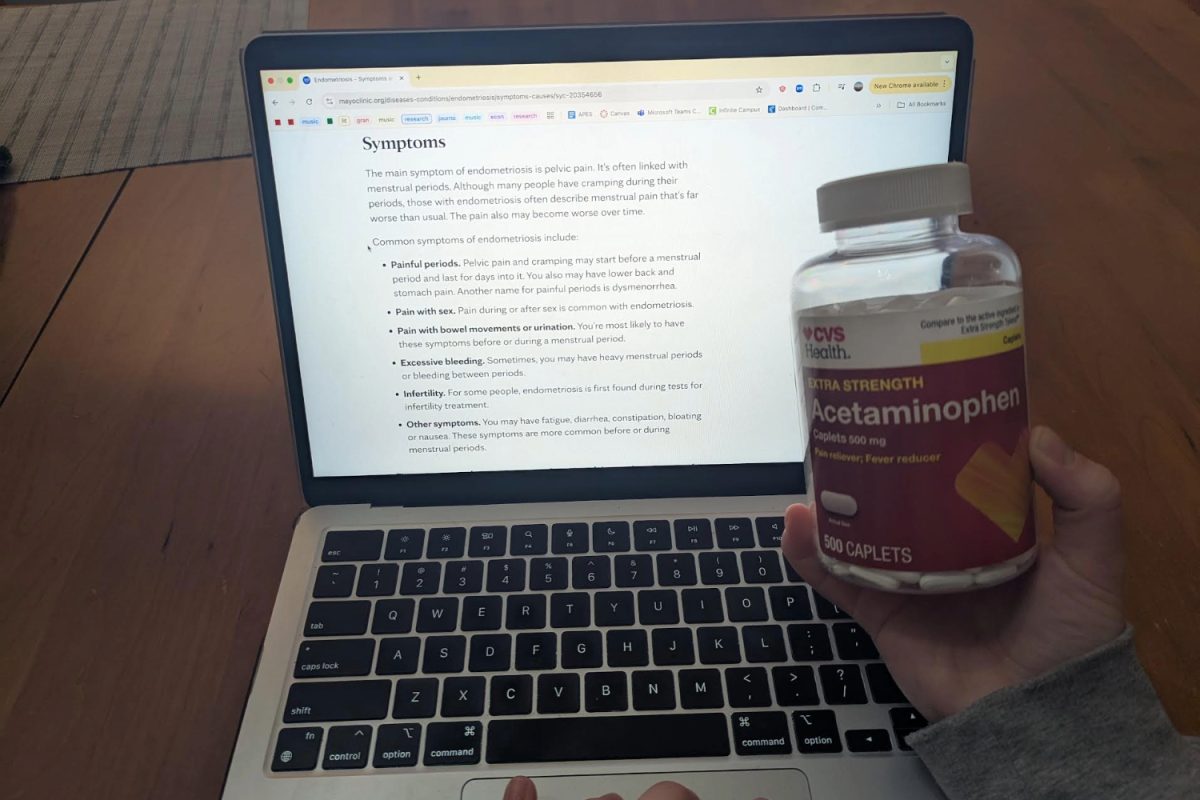Jacob left school.
Jacob arrived at home.
It took him 12 minutes to get from school back home.
He drove three miles at 24 mph.
He stopped at the gas station for five minutes.
As a parent, these notifications from your tracking application soothe you, since they tell you that your son is behaving normally. This is for his own safety — or so you think.
In reality, using these apps provides for a lack of trust in relationships between parents and their children. As teenagers, how are we expected to live on our own someday when these apps strip us of our independence?
Teenagers are and have always been notorious for being impulsive troublemakers. However, according to Vox, our generation is better behaved as a whole compared to generations before: Research shows that we are less likely to drink, smoke cigarettes, and get pregnant as teenagers, but teenagers today are monitored around the clock like never before.
In the era of electronic cigarettes and online strangers, parents have turned to location tracking apps and browser history scans to keep track of what their children are doing. Some will constantly check where their children are or read their text messages “for their own safety.”
Life360, for example, allows parents to track the locations of their kids, promising a “worry-free” lifestyle without having to wait for a text back to know where they are. The app lets you create a family “circle” that keeps track of where each member is, when they leave, and how long they’ve been there. The app keeps location history for up to 30 days. Similar apps also document internet usage, restrict content, and monitor social media.
But are these apps really effective?
Teenagers are teenagers, and an app tracking their location won’t stop them from doing what they want to do. If they really wanted to be somewhere they shouldn’t be, they’ll find ways to do it. On TikTok, the trending hashtag “#Life360Hacks,” for example, showcases videos on how to get around the restrictions. The most obvious trick is leaving the phone in a safe place and going somewhere else without it. This contradicts the purpose of the app: safety.
Congratulations, your child is now someplace they aren’t supposed to be, without a phone to call for help if something happens.
https://twitter.com/nothingbutkaty/status/1237370851638599680
In addition, enforcing these apps causes teenagers to feel like they are constantly being watched and aren’t trusted to make their own decisions. After all, only the incarcerated have been tracked and monitored 24/7, at least up until now.
The question of whether tracking apps are a good idea or not brings parents into a heated debate. Parents who are against them argue that it does more harm than good, while those in support of the apps question why any loving parent wouldn’t use them: it’s better to know what your kid is doing if they aren’t going to tell you, right?
But shouldn’t parents be focused on creating an environment where their kids can be open to them about what they’re doing, rather than relying on an app to find out for them? How would you have liked it if, back in the day, your parents were listening in on your conversations and hiding behind bushes to see where you are and who you’re with?
In the digital era, it is understandable why a parent would want their kids to be protected from the horrors of the internet and the outside world. However, a teenager is unlikely to listen to you when you tell them not to do something; they need to figure it out for themselves. Without freedom comes no responsibility, and “helicoptering” over everything your child does will not raise them to be independent, responsible people.
It’s better to go the old fashioned way and let them be — and when they get a boo-boo on their knee, you’ll be there to kiss it.












